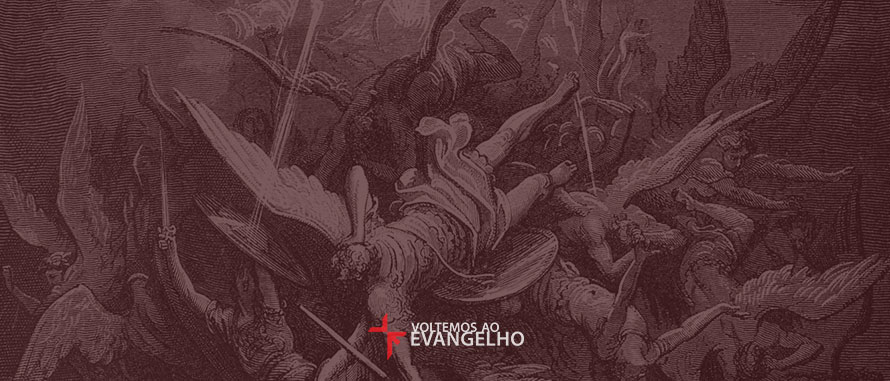Christian History published a brief issue titled “The History of Hell?”A brief review and resource guide ?, a resource recommended by some pastors, such as Mark Driscoll. We believe that this content will complement the historical perspective of this doctrine, which is why we translate it (with permission from the magazine itself).
There are 11 messages in total. This with a brief introduction to the three views on the subject; Another 10 presenting big names of history and what they defended on the subject (from 30 to 1900) and finally the complete ebook with some resources of modern positions. We will try to include as many references and books as available in Portuguese.
- There are several reasons why we publish about the doctrine of hell.
- The main one is that we love Jesus.
- Another reason is the carelessness (or sometimes abuse) that exists in our time.
- If you wonder why it is essential to believe in hell.
- I suggest you read this article by John Piper.
- Finally.
- I would like to emphasize that there will be no biblical background on the subject.
- It’ll be a historical description.
- If you want to see a theological and pastoral approach.
- I suggest you see the material available in our archives (VE).
Have a good read
Some (perhaps even most human species) will not be saved. Each person is judged once and for all in death and inherits eternal life or eternal damnation. Hell is a place of conscious and endless punishment as a result of sin. This punishment is interpreted literally (physical torment), sometimes metaphorically (state of being, spiritual suffering, separation from God). Once in hell, the person has no escape. Some currents of this view hold that there are different degrees of punishment, depending on the seriousness of the sins committed. Some currents (such as Calvinist) emphasize God’s sovereignty by punishing those he chooses to punish, while other lines emphasize freedom of human choice. Does the Roman Catholic position distinguish between hell and purgatory?Temporary purification site for those destined for paradise.
Some won’t be saved. The human soul is not immortal by nature. Eternal existence is a gift that God gives to the redeemed. Those who do not repent will be punished, but this period of conscious punishment will end. In the last resurrection, those who do not repent will be destroyed and cease to exist. The fire of hell that Scripture speaks of is a consumer, not an executioner. Some conditionalists believe that after death, a person will receive a second chance to accept or reject God.
Everything will finally be saved and God will restore creation in perfect harmony. Eternal punishment contradicts God’s love, for God desires the salvation of all and has the power to overcome sin and evil. God’s love is stronger than human resistance. If there’s hell, it’s not for all eternity. Punishment is transient and remediatory, and leads the sinner to repentance and union with God. Even the devil can finally repent and be saved. Some theologians throughout history have defended a more cautious position of “hopeful universalism,” that is, they could not dogmatically claim that everyone would be saved, but they could not deny that possibility either.
Obs. : Ve officially defends the traditional position of hell, believing it to be the correct interpretation of biblical teachings.

